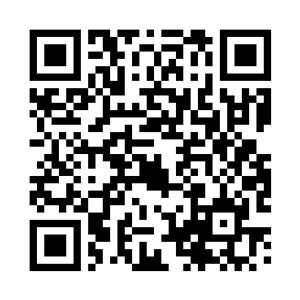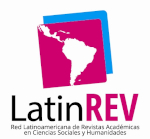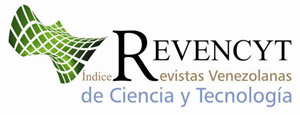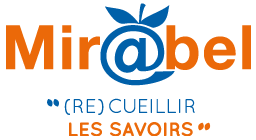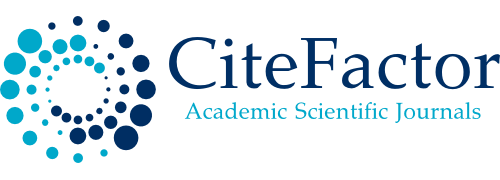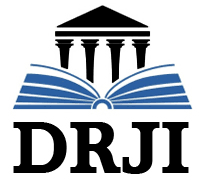Relationship between entrepreneurships with a social focus and the improvement of quality of life
Keywords:
entrepreneurship with a social focus, inclusive business, hybrid business model, social innovationAbstract
The objective of this research is to analyze the relationship between entrepreneurship with a social focus and the improvement of quality of life. For this, non-profit, for-profit and hybrid organizations are studied as inclusive business models, to understand their contribution to social well-being; the role that hybrid models play and their relationship with social progress; and the challenges and opportunities of hybrid models in social innovation. A qualitative, descriptive methodology was used, based on documentary review, and three (03) ventures with a social focus were analyzed as case studies. The hybrid model is presented as the most suitable option for enterprises with a social focus, due to its flexible and adaptable framework that allows for achieving both social and economic objectives. Although Venezuela has an IPS of 57,23 points (ranked 117), opportunities can be created for the population through hybrid initiatives together with the application of a system of management indicators to measure their social progress. Entrepreneurs with a social focus must address challenges such as management, leadership, financing, impact, objectives and legality; and possibilities such as knowledge, innovation, sustainability, social impact, legitimacy, adaptation and resources, to take advantage of the social innovation of hybrid models. To close, entrepreneurship with a social focus act as an engine of positive change in society, promoting the improvement of people's quality of life.
Downloads
References
Alfonzo, J. (2018). Escuela Alternativa de Pueblo Nuevo - Mérida - Venezuela. Steemit. https://steemit.com/castellano/@djuliox/escuela-alternativa-de-pueblo-nuevo-merida-venezuela
Anzola, M. (2006). Exclusión académica y cultura de la pobreza. [Presentación en conferencia], Universidad de Los Andes. http://www.saber.ula.ve/bitstream/123456789/16546/1/ponencia20.pdf
Culshaw, F. (2010). Negocios inclusivos en Venezuela. Debates IESA, XV(3), 32-35. http://virtual.iesa.edu.ve/servicios/wordpress/wp-content/uploads/2013/09/j10negocios-culshaw.pdf
Datosmacro. (2024). Venezuela – Índice de Progreso Social – SPI. Expansión. https://datosmacro.expansion.com/demografia/spi/venezuela
Davies, J., Lluberas, R., y Shorrocks, A. (2023). The global wealth pyramid 2023. UBS. https://www.ubs.com/global/en/family-office-uhnw/reports/global-wealth-report-2023.html
El Sistema. (2024). ¿Qué es El Sistema?. El Sistema. https://elsistema.org.ve/que-es-el-sistema/
Enciclopedia Humanidades. (2024). Organizaciones sin Fines de lucro. Enciclopedia Humanidades. https://humanidades.com/organizaciones-sin-fines-de-lucro/
Gil, I. (2018). Venezuela e Irán consolidan sistema nacional de salud con Memorándum de Entendimiento. Ministerio del Poder Popular para Relaciones Exteriores. https://mppre.gob.ve/2018/04/07/venezuela-e-iran-consolidan-sistema-nacional-de-salud-con-memorandum-de-entendimiento/
Gobernación del Estado Mérida. (2010). Proyecto Escuelas Alternativas de la Dirección del Poder Popular para la Educación, Cultura y Deporte. Educere, 14(48), 207-210. https://www.redalyc.org/articulo.oa?id=35616720019
Marquina, P., Avolio, B., y Del Carpio, L. (2024). Resultados del Índice de Progreso Social Mundial 2024. Centrum PUCP, Pontificia Universidad Católica del Perú. https://drive.google.com/file/d/1Thuu8cp-CY_v5j5s8rydoFnYk0llxksm/view
Mejias, A. (2018). Diferencia entre organizaciones con fines de lucro y sin fines de lucro. Cuida tu dinero. https://www.cuidatudinero.com/13104503/diferencia-entre-organizaciones-con-fines-de-lucro-y-sin-fines-de-lucro
Naciones Unidas. (2024). Objetivos de Desarrollo Sostenible. Naciones Unidas. https://www.un.org/sustainabledevelopment/es/
Ojeda, E., y Rodríguez, A. (2020). El modelo híbrido: modelo de negocio para la sostenibilidad. Debates IESA, XXV(2). 25-27. http://www.debatesiesa.com/debatesweb/wp-content/uploads/2021/07/Ojeda-Rodr%C3%ADguez-El-modelo-h%C3%ADbrido.pdf
PNUD. (2024). Los ODS en acción PNUD. https://www.undp.org/es/sustainable-development-goals
Prado, A. (2021). Emprendimiento Social en América Latina: Buenas prácticas para llevar productos y servicios a poblaciones rurales de escasos recursos. CNN en Español. https://cnnespanol.cnn.com/wp-content/uploads/2021/06/Reporte-Emprendimiento-Social-en-Ame%CC%81rica-Latina_Andrea-Prado-INCAE_VF.pdf
SUAF. (2024). ¿Quiénes somos?. SUAF. http://www.farmaciasmoviles.com.ve/nosotros
Torres, Á., Bernal, Á., y Peñafiel, I. (2021). La afectación de los emprendedores en Época de pandemia. Revista Publicando, 8(32). 51-60. https://doi.org/10.51528/rp.vol8.id2267
Published
How to Cite
Issue
Section
License
Copyright (c) 2024 María Alejandra Rujano Castillo

This work is licensed under a Creative Commons Attribution-NonCommercial-ShareAlike 4.0 International License.





